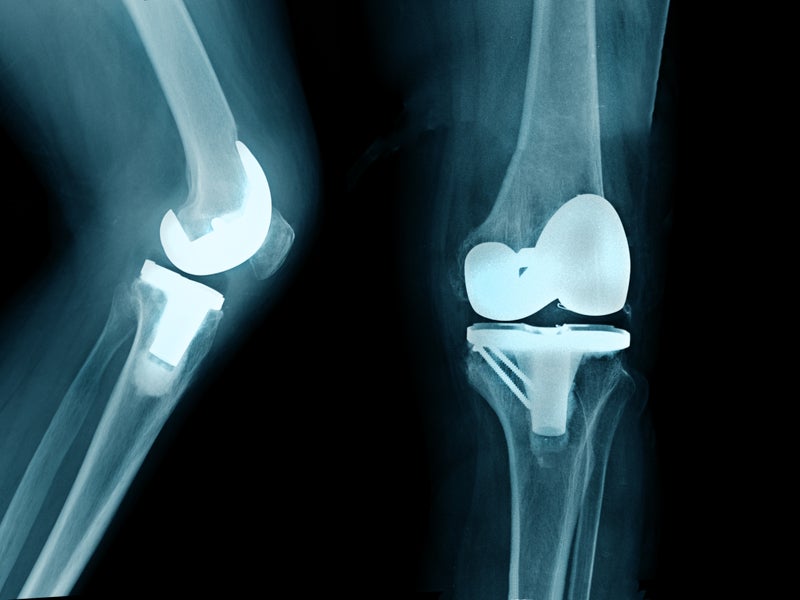
The number of alerts issued by the British Medicines and Healthcare products Regulatory Agency (MHRA) has hit a four-year high, with 35 made in the past year.
This is an increase from 32 last year, and more than double the 17 alerts issued three years previously.
Almost three quarters of these alerts concern Class IIb and Class III devices implanted into the body, such as pacemakers, replacement heart values and breast implants. Technologies prompting alerts included a heart monitor which risks battery packs exploding due to overheating, a blood and IV warning device which could leach unsafe levels of aluminium into a user’s bloodstream and knee joint replacements which risk early failure due to loosening parts.
London-based corporate and commercial legal firm RPC says the figures suggest a rising need for medical device manufacturers to take out specific product recall insurance.
RPC legal director Peter Rudd-Clarke said: “Product Recall insurance should be considered as a key part of medical device manufacturers’ risk management.”
How well do you really know your competitors?
Access the most comprehensive Company Profiles on the market, powered by GlobalData. Save hours of research. Gain competitive edge.

Thank you!
Your download email will arrive shortly
Not ready to buy yet? Download a free sample
We are confident about the unique quality of our Company Profiles. However, we want you to make the most beneficial decision for your business, so we offer a free sample that you can download by submitting the below form
By GlobalDataFull recalls have increased proportionally to medical product recalls in general, with a number of MHRA’s alerts issued over 2018/19 involving a full product recall or instruction to destroy all remaining products.
Businesses that recall medical devices can face costs tied to shipping, storage, disposal, refunding purchasers and increased staffing costs. Insurers have begun to offer tailored product recall and contamination policies to cover these costs.
This kind of coverage is increasingly being used in addition to product liability policies, which only cover losses as a result of claims by parties who suffer injury due to a defective product.
Rudd-Clarke added: “The need for specialist product recall policies is only going to increase for medical device manufacturers over the coming years.
“A product recall can represent a huge cost to a medical device manufacturer, and much of it is not covered by a standard product liability policy.”
The Medical Devices Regulation 2017, which is due to come into full effect into 2020, will tighten the requirements for manufacturers to self-report when problems with a device are discovered.




